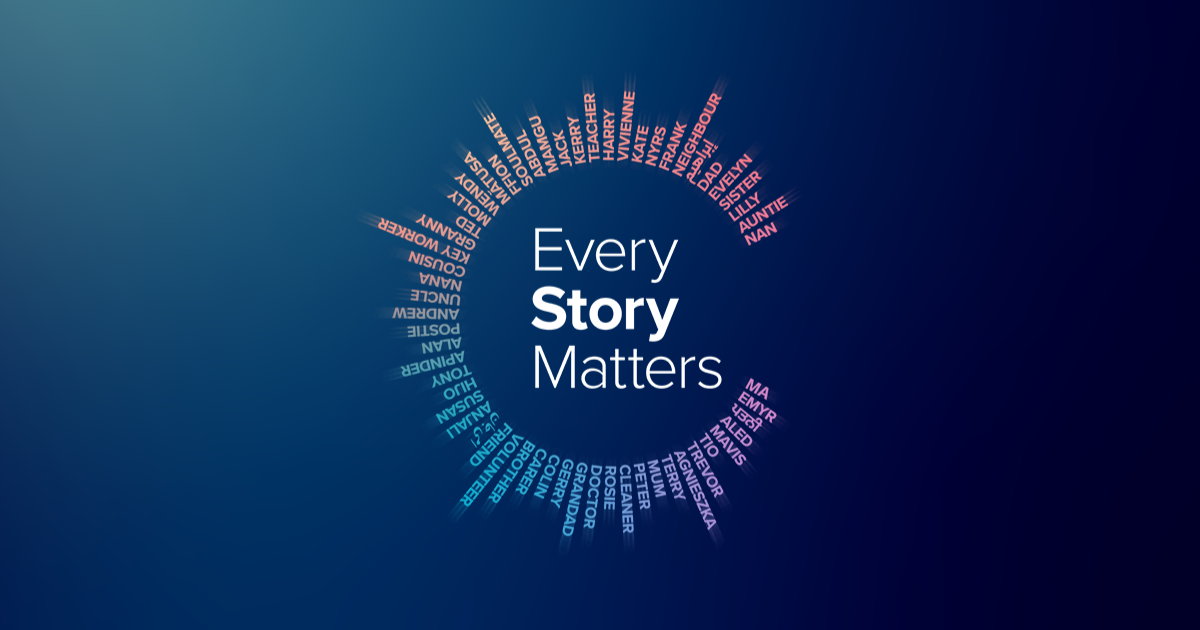দ্য UK Covid-19 Inquiry কোভিড-১৯ এর সময় কী ঘটেছিল তা খুঁজে বের করছে অতিমারী.
ক অতিমারী যখন কোনও রোগ দ্রুত একটি বিশাল এলাকা জুড়ে ছড়িয়ে পড়ে এবং অনেক মানুষ অসুস্থ হয়ে পড়ে।
অনুসন্ধানটি বিভিন্ন বিষয়ের মধ্যে বিভক্ত, যাকে বলা হয় মডিউল। প্রতিটি মডিউলে শুনানির ব্যবস্থা থাকে, যেখানে লোকেরা তাদের অভিজ্ঞতা সম্পর্কে আমাদের সাথে কথা বলে। একে বলা হয় প্রমাণ.
প্রতিটি মডিউলের শেষে একটি প্রতিবেদন থাকে। প্রতিবেদনে বলা হয় আমরা কী জানতে পেরেছি এবং ভবিষ্যতে কী ভিন্ন হবে।
প্রতিটি গল্প গুরুত্বপূর্ণ

শুনানিতে বক্তব্য রাখার পাশাপাশি, আমরা সমগ্র যুক্তরাজ্যের বিভিন্ন অনুষ্ঠানে মানুষের কথা শুনেছি। মানুষ আমাদের ওয়েবসাইটের মাধ্যমেও আমাদের সাথে যোগাযোগ করতে পারে।
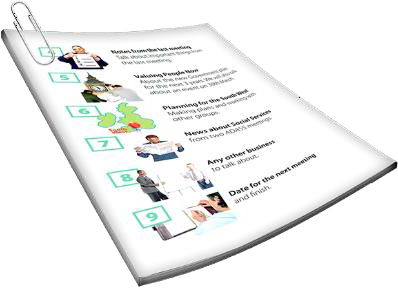
একটা "এভরি স্টোরি ম্যাটার্স" আছে রেকর্ড প্রতিটি মডিউলের জন্য।
রেকর্ডস মহামারী সম্পর্কে মানুষের অভিজ্ঞতা সম্পর্কে। রেকর্ডগুলি প্রমাণ হিসেবে ব্যবহৃত হয়।

এটি "এভরি স্টোরি ম্যাটার্স" রেকর্ডের একটি সহজ পঠিত সংস্করণ মডিউল 8৮ নম্বর মডিউলটি ছিল শিশু এবং তরুণদের সম্পর্কে।

এভরি স্টোরি ম্যাটার্স ওয়েবসাইট:
সমর্থন পাওয়া
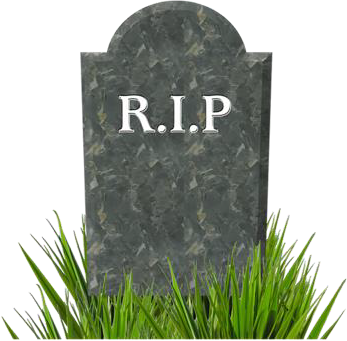
এই নথিতে মৃত্যু, নির্যাতন এবং অবহেলার কথা বলা হয়েছে।
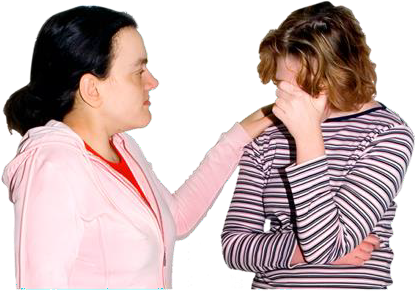
যদি আপনি এতে বিরক্ত হন, তাহলে বন্ধুবান্ধব, পরিবার, সহায়তা গোষ্ঠী বা স্বাস্থ্য পেশাদারদের কাছ থেকে সাহায্য নিন।

যুক্তরাজ্যের কোভিড-১৯ অনুসন্ধান ওয়েবসাইটে সাহায্য করতে পারে এমন সংস্থাগুলির একটি তালিকা রয়েছে:
শিশু এবং তরুণ মানুষ

মহামারীতে শিশু এবং তরুণদের অনেক ভিন্ন অভিজ্ঞতা হয়েছে।
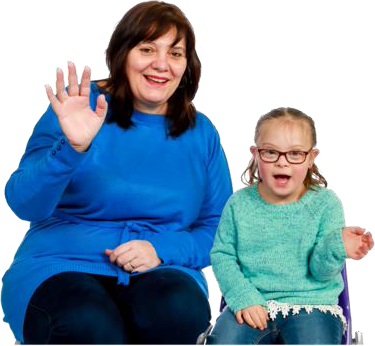
কারো কারো জন্য ভালো কিছু ছিল। কারো কারো জন্য এটা খুবই কঠিন ছিল। সবার উপর এর বিরাট প্রভাব পড়েছিল।
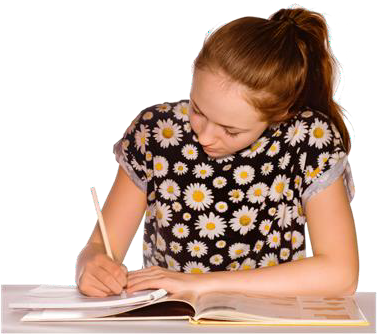
এটি তাদের স্বাস্থ্য, শিক্ষা, পারিবারিক সম্পর্ক এবং বন্ধুত্বের উপর প্রভাব ফেলে।
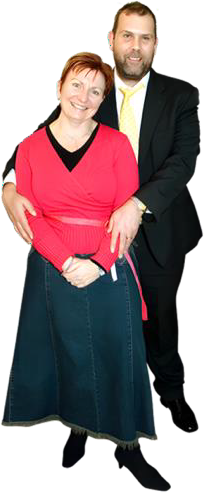
এই রেকর্ডের অভিজ্ঞতাগুলি বাবা-মা, যত্নশীল, পেশাদার এবং ১৮ থেকে ২৫ বছর বয়সী তরুণরা ভাগ করে নিয়েছেন।
বাড়ি এবং পরিবার

লোকেরা আমাদের যা বলেছে তার কিছু কথা:
কিছু পরিবার একসাথে বেশি সময় কাটাত, হাঁটা এবং গেম খেলার মতো কাজ করত।
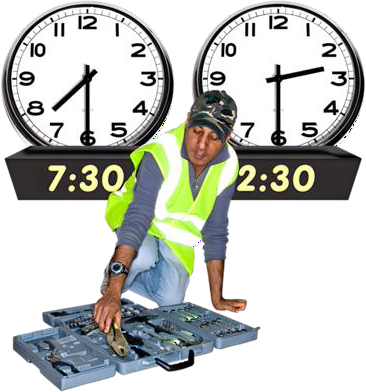
কিছু বাবা-মাকে কাজ করতে হত, তাই তাদের সন্তানদের সাথে সময় কাটানোর মতো সময় ছিল না।

কিছু শিশু এবং তরুণদের বাড়িতে আরও বেশি কিছু করতে হত: রান্না করা এবং ছোট ভাইবোনদের দেখাশোনা করা।
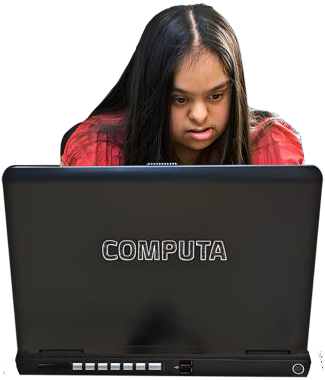
যত্নে থাকা শিশুদের তাদের জন্মদাতা পরিবারের কাছ থেকে দেখা করা সম্ভব ছিল না। পরিবর্তে তারা ভিডিও কলের সুবিধা পেত।
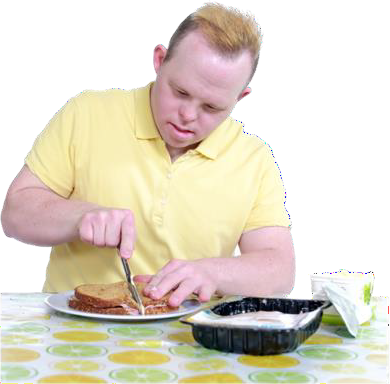
তরুণ পরিচর্যাকারী যথেষ্ট সমর্থন পাইনি।
ক তরুণ পরিচর্যাকারী অসুস্থ বা প্রতিবন্ধী বাবা-মা বা পরিবারের অন্য কোনও সদস্যের দেখাশোনা করে।
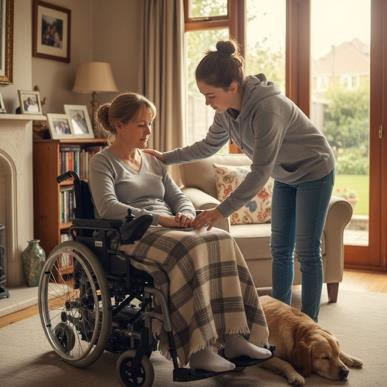
যেসব শিশুদের বাবা-মা ভিন্ন জায়গায় থাকেন, তাদের বাবা-মা এবং কখনও কখনও ভাই-বোনদের থেকে আলাদা রাখা হত।
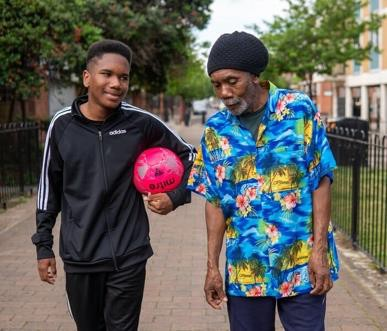
অনেক শিশু তাদের দাদা-দাদীকে দেখতে পায়নি।

বাড়িতে নির্যাতনের শিকার শিশু এবং তরুণদের সংখ্যা বেড়েছে।
বন্ধু এবং ধমক দেওয়া

লোকেরা আমাদের যা বলেছে তার কিছু কথা:
লকডাউনের কারণে কিছু শিশু এবং অভিভাবক একাকী এবং বিচ্ছিন্ন বোধ করছেন।
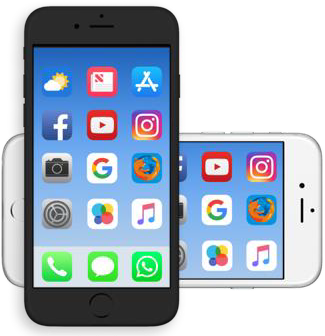
কিছু শিশু অনলাইনে বেশি থাকত। এর ফলে অনলাইনে বুলিং, শোষণ এবং যৌন ছবি দেখার সম্ভাবনা বেড়ে যেত।

কিছু শিশু স্কুলে না থাকার কারণে কম নির্যাতনের শিকার হয়েছিল।
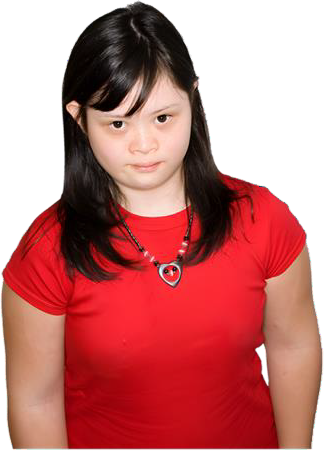
নতুন পালিত পরিবারে স্থানান্তরিত শিশুরা নতুন বন্ধুদের সাথে দেখা করতে কষ্ট পেত।
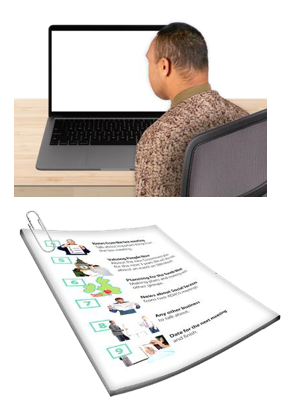
লোকেরা আমাদের যা বলেছে তার কিছু কথা:
স্কুলগুলি অনলাইনে শেখার পদ্ধতি ভিন্নভাবে ব্যবহার করত। কিছু স্কুল দ্রুত অনলাইনে শেখা শুরু করত। অন্যরা মানুষের বাড়িতে কাগজের ওয়ার্কশিট পাঠাত।
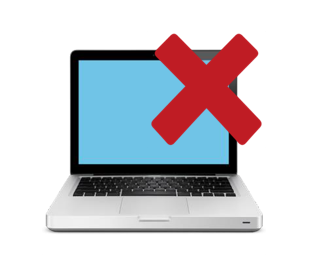
অনেক শিশুর ল্যাপটপ বা ইন্টারনেট না থাকার কারণে এটি কঠিন ছিল। কিছু স্কুল এতে সাহায্য করার চেষ্টা করেছিল।
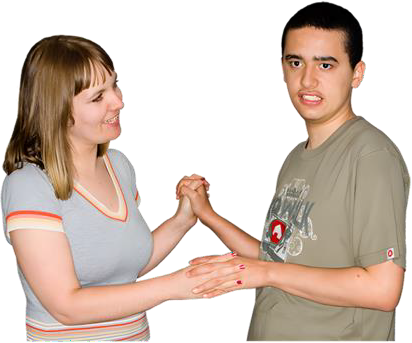
বিশেষ শিক্ষাগত চাহিদা এবং প্রতিবন্ধী অনেক শিশু স্কুলের রুটিন এবং শেখার ক্ষেত্রে সহায়তা থেকে বঞ্চিত হয়েছে।
বিশেষ শিক্ষাগত চাহিদা এবং প্রতিবন্ধকতাকে কখনও কখনও বলা হয় পাঠান।
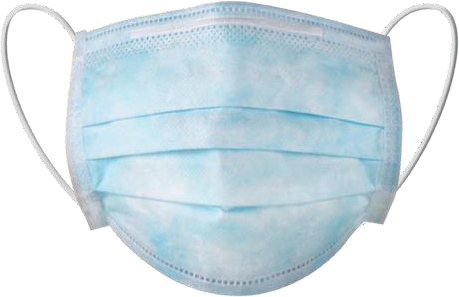
লকডাউনের পর যখন স্কুলগুলি খুলে গেল, তখন মানুষ মুখোশ এবং সামাজিক দূরত্ব স্থাপন.
সামাজিক দূরত্ব স্থাপন মানে ছোট ক্লাস এবং অন্যদের থেকে দূরে থাকা।
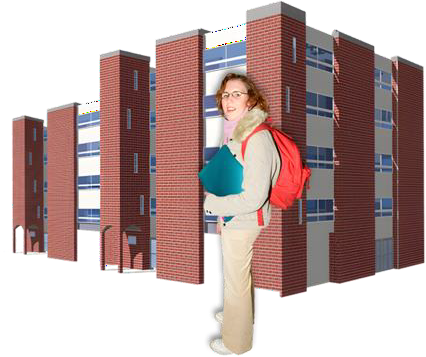
নতুন স্কুল বা বিশ্ববিদ্যালয়ে যাওয়া কঠিন ছিল।

অনেক শিশুর শেখা এবং বিকাশ প্রভাবিত হয়েছিল। উদাহরণস্বরূপ:
- স্কুল শুরু করা শিশুরা টয়লেট ব্যবহার করতে জানে না
- যতটা ভালো কথা বলা উচিত, ততটা ভালো কথা বলছে না।
সাহায্য পাওয়া
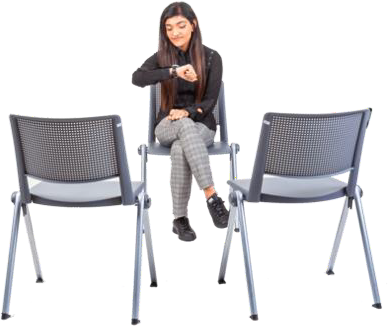
লোকেরা আমাদের যা বলেছে তার কিছু কথা:
স্বাস্থ্যসেবা অ্যাপয়েন্টমেন্টের জন্য মানুষকে আরও বেশি সময় অপেক্ষা করতে হত, এবং চেক-আপ মিস করতে হত।
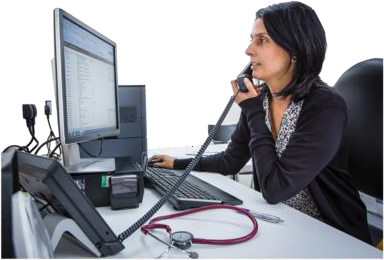
SEND আক্রান্ত শিশুদের জন্য স্বাস্থ্যসেবা অ্যাপয়েন্টমেন্ট এবং রোগ নির্ণয়ের জন্য অভিভাবকদের অনেক কষ্ট করতে হয়েছে।
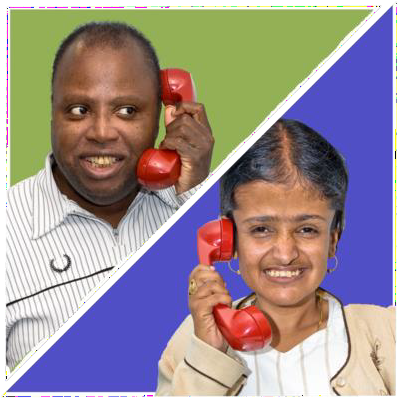
অনলাইন পরামর্শ মানুষকে সরাসরি অ্যাপয়েন্টমেন্টের মতো একই মানের সেবা প্রদান করেনি।
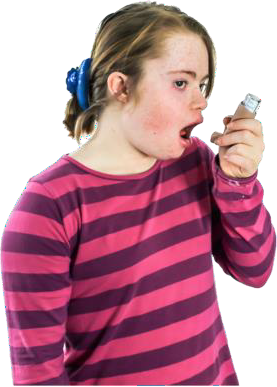
হাঁপানি, ডায়াবেটিস এবং ক্যান্সারের মতো গুরুতর রোগ নির্ণয় করতে বেশি সময় লেগেছিল।

মানসিক স্বাস্থ্যের জন্য আরও অনেক তরুণ-তরুণীর সাহায্যের প্রয়োজন ছিল। অনলাইন অ্যাপয়েন্টমেন্টের কারণে তারা কতটা সাহায্য পেতে পারে তা সীমিত হয়ে পড়ে।
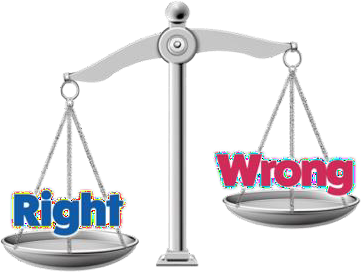
শিশু এবং তরুণরা সকলেই স্বাস্থ্যসেবা পেতে সমান সুযোগ পায়নি। একে বলা হয় স্বাস্থ্য বৈষম্য.
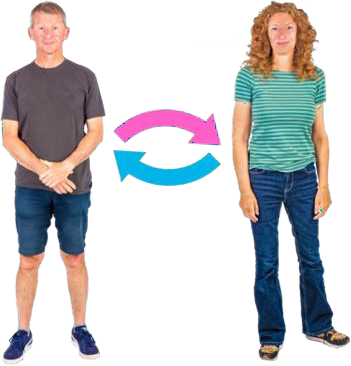
তরুণ ট্রান্সজেন্ডাররা তাদের প্রয়োজনীয় যত্ন পেতে বিশেষভাবে কঠিন বলে মনে করত।
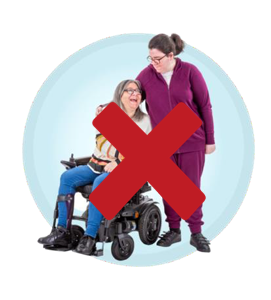
সমাজকর্মীরা বাড়িতে লোকেদের সাথে দেখা করতে পারতেন না।
শিশু এবং তরুণদের জন্য নির্যাতন এবং অবহেলার অভিযোগ করা কঠিন ছিল।
আবেগ

লোকেরা আমাদের যা বলেছে তার কিছু কথা:
অনেক শিশু এবং তরুণ-তরুণী স্কুল, হাত ধোয়া এবং খাবারের মতো বিষয়গুলি নিয়ে উদ্বিগ্ন ছিল।
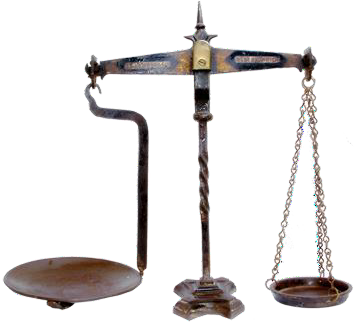
ফৌজদারি বিচার ব্যবস্থার লোকজনকে মামলা আদালতে যাওয়ার জন্য আরও বেশি সময় অপেক্ষা করতে হত। এটি তাদের আরও উদ্বিগ্ন করে তুলেছিল।
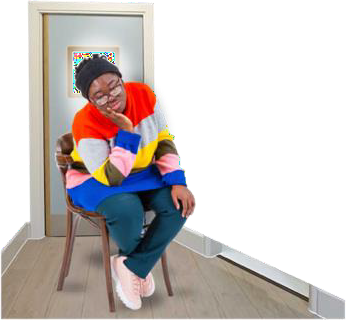
শিশু এবং তরুণরা একাকী এবং বিচ্ছিন্ন বোধ করত। তারা অনুভব করত যে তারা মিস করছে, এবং ভবিষ্যতের জন্য আশা হারিয়ে ফেলছে।
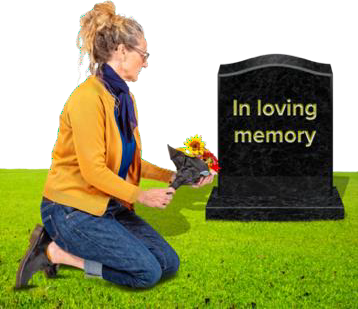
কিছু তরুণ আত্মহত্যা করার কথা ভেবেছিল। কিছু শিশু এবং তরুণ আত্মহত্যা করেছিল।
মৃত্যু এবং শোক

লোকেরা আমাদের যা বলেছে তার কিছু কথা:
মৃত্যুবরণকারী কারো সাথে মানিয়ে নেওয়া খুবই কঠিন ছিল। মানুষ হাসপাতাল এবং কেয়ার হোমে বন্ধুবান্ধব এবং পরিবারের সাথে দেখা করতে পারত না। শেষকৃত্যে কারা যেতে পারত তার উপর সীমা ছিল।
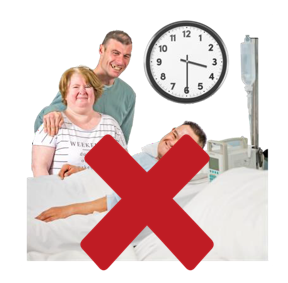
যত্নে থাকা শিশুরা বাবা-মা এবং অন্যান্য আত্মীয়স্বজন হারিয়েছে। কখনও কখনও তারা দীর্ঘদিন ধরে সেই ব্যক্তিকে দেখেনি। এর ফলে তারা নিরাপত্তাহীন, পরিত্যক্ত, হতাশাগ্রস্ত এবং উদ্বিগ্ন বোধ করেছে।
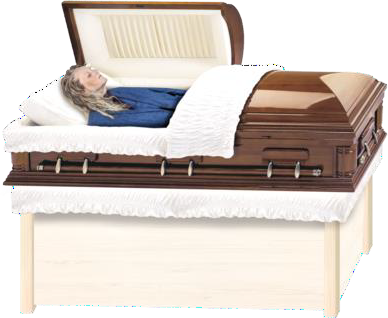
যারা বন্ধুবান্ধব এবং পরিবার হারিয়েছেন তাদের জন্য পর্যাপ্ত সমর্থন ছিল না। অনেক শিশু এবং তরুণদের কোনও সমর্থন ছিল না।
স্বাস্থ্য
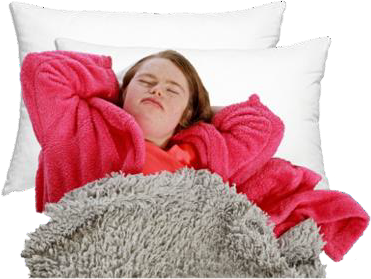
লোকেরা আমাদের যা বলেছে তার কিছু কথা:
মহামারীটি শিশু এবং তরুণদের শারীরিক স্বাস্থ্যের উপর প্রভাব ফেলেছে।

এটি ছিল এই ধরনের বিষয়গুলির কারণে:
- স্ক্রিন ব্যবহার করে বেশি সময় ব্যয় করা
- বাইরে কম সময় ব্যয় করা
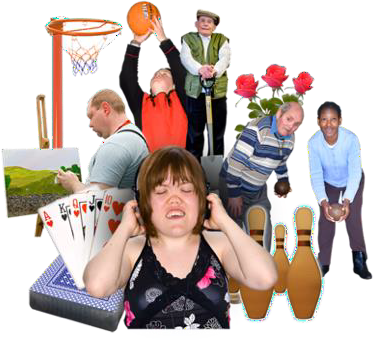
কিছু শিশু এবং তরুণ-তরুণী অনলাইনে অ্যাক্টিভিটি-ভিত্তিক ক্লাবে যোগদান করে অথবা পরিবারের সাথে বেড়াতে গিয়ে সক্রিয় ছিল।
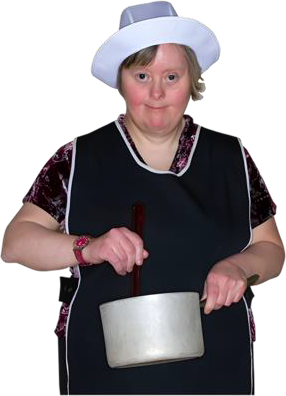
কিছু শিশু ঘরে রান্না করা খাবার খেয়েছে। অন্য পরিবারগুলি পর্যাপ্ত খাবার কিনতে পারেনি।

কিছু বাবা-মা পর্যাপ্ত ফর্মুলা দুধ কিনতে হিমশিম খাচ্ছিলেন। কিছু মা বুকের দুধ খাওয়ানোর সময় উপভোগ করছিলেন।
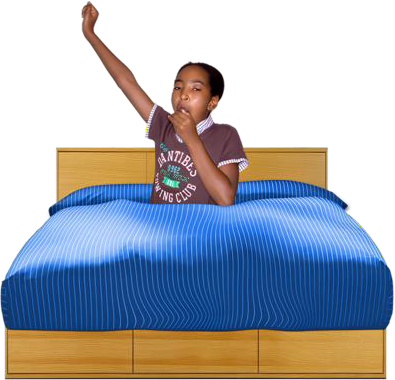
শিশু এবং তরুণদের ঘুমাতে যাওয়া এবং ঘুম থেকে ওঠার সময় বদলে গেছে। এর আংশিক কারণ ছিল তারা স্ক্রিন ব্যবহারে বেশি সময় ব্যয় করত।

শিশুদের দন্তচিকিৎসকের কাছে কম অ্যাপয়েন্টমেন্ট ছিল। এর ফলে দাঁতের ক্ষয় এবং দাঁত পড়ে যাওয়ার ঘটনা ঘটে।
খুব কম শিশুই টিকা পেয়েছিল। এর ফলে এমন অসুস্থতা দেখা দিতে পারে যা প্রতিরোধ করা যেত।
দীর্ঘ কোভিড
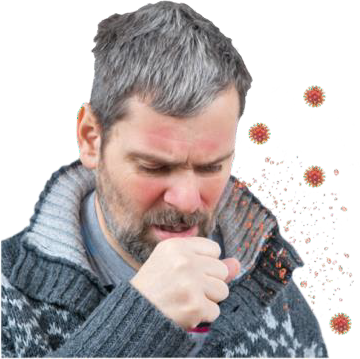
লোকেরা আমাদের যা বলেছে তার কিছু কথা:
আরও শিশু এবং তরুণদের ছিল ভাইরাস-পরবর্তী অসুস্থতা।
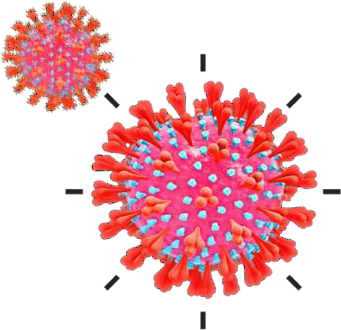
ভাইরাস-পরবর্তী অসুস্থতা মানে ভাইরাসের পরে দীর্ঘ সময় ধরে অসুস্থ থাকা। লং কোভিড একটি ভাইরাস-পরবর্তী অসুস্থতা।
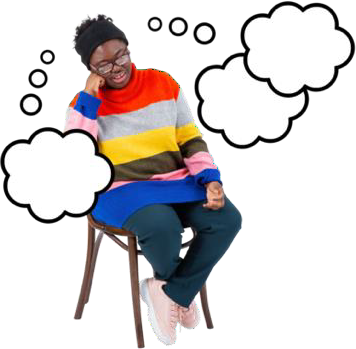
এই অসুস্থতাগুলি শারীরিক ও মানসিক স্বাস্থ্যের উপর বড় প্রভাব ফেলে। এগুলি জীবন পরিবর্তনকারী হতে পারে।
বাবা-মায়েরা খুব বিরক্ত এবং হতাশ বোধ করতেন। কখনও কখনও স্বাস্থ্যকর্মীরা ভুল রোগ নির্ণয় করতেন অথবা বুঝতেন না। এর ফলে সবকিছু আরও কঠিন হয়ে যেত।
ভবিষ্যৎ
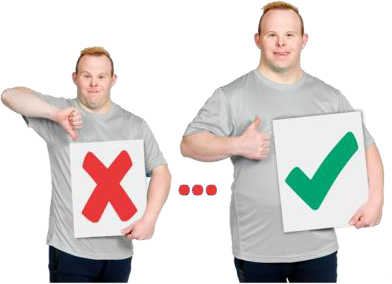
ভবিষ্যতের মহামারীতে মানুষকে সাহায্য করার জন্য:
শিশু এবং তরুণদের সাহায্য করার জন্য আরও কিছু করুন। এটি তাদের স্বাস্থ্য, সুস্থতা এবং বিকাশে সহায়তা করবে।

স্কুল এবং অন্যান্য পরিষেবা যতটা সম্ভব খোলা রাখুন। স্কুলগুলিকে অনলাইনে শিক্ষাদানের জন্য সঠিক প্রযুক্তি, প্রশিক্ষণ এবং কর্মীদের সাথে প্রস্তুত থাকতে হবে।
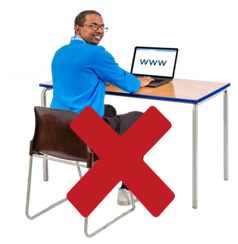
সবকিছু অনলাইনে দেওয়ার পরিবর্তে, সরাসরি সহায়তা প্রদান করুন।
সশরীরে সাক্ষাতের মাধ্যমে দুর্বল শিশুদের সহায়তা করুন।
SEND আক্রান্ত শিশুদের, যত্নে থাকা শিশুদের এবং ফৌজদারি বিচার ব্যবস্থায় থাকা শিশুদের আরও সহায়তা দিন।
আরও তথ্য
এই রেকর্ডের সম্পূর্ণ সংস্করণ, অথবা অন্যান্য অ্যাক্সেসযোগ্য ফর্ম্যাটগুলি এখানে পান:
